Top 8 Tools to Streamline Your Ecommerce Operations
Discover the top tools that can help you streamline your ecommerce operations. From inventory management to customer relationship management, these solutions enhance efficiency and improve customer experience. Utilize automation and analytics to optimize your sales process, reduce costs, and boost overall productivity. Stay ahead of the competition by integrating these essential tools into your ecommerce strategy.
1. Shopify
When it comes to **ecommerce platforms**, Shopify stands out as a leader. It offers an all-in-one solution that allows businesses to set up an online store quickly. With a wide range of customizable templates and features, Shopify is designed for both beginners and experienced entrepreneurs. The platform also supports various payment gateways, making transactions seamless. Additionally, its powerful analytics tools enable you to track performance and optimize your sales strategy effectively.
2. WooCommerce
For those who prefer a more customizable approach, WooCommerce is an excellent option. This **WordPress plugin** transforms any WordPress site into a fully functional online store. With extensive themes and plugins, you can tailor your store to meet specific business needs. WooCommerce also provides robust inventory management tools, allowing you to keep track of stock levels effortlessly, making it ideal for businesses of all sizes.
3. ShipStation
Shipping can be one of the most challenging aspects of **ecommerce operations**. ShipStation simplifies this process by integrating with various ecommerce platforms to streamline order fulfillment. It automates shipping label creation and provides real-time tracking for both merchants and customers. With ShipStation, you can compare shipping rates from different carriers to find the most cost-effective options, ensuring your business runs smoothly.
4. Mailchimp
Email marketing remains a powerful tool for driving sales in the ecommerce sector. **Mailchimp** offers comprehensive marketing automation features that allow you to nurture leads and engage with customers effectively. Its user-friendly interface makes it easy to create visually appealing email campaigns, segment your audience, and analyze performance metrics. With Mailchimp, you can boost customer retention and increase conversions with targeted marketing efforts.
5. Hootsuite
Social media is crucial for promoting your **ecommerce business** and connecting with customers. Hootsuite is a social media management tool that enables you to schedule posts, monitor engagement, and analyze social media performance across various platforms. By streamlining your social media efforts, you can focus on creating quality content that resonates with your audience, ultimately driving more traffic to your online store.
6. QuickBooks
Managing finances can be overwhelming for ecommerce businesses, but QuickBooks simplifies the process. This accounting software allows you to track sales, expenses, and profits all in one place. With features like invoicing, tax calculations, and financial reporting, QuickBooks provides valuable insights that help you make informed business decisions. By automating financial tasks, you can save time and reduce the risk of errors.
7. Zendesk
Customer support is vital for maintaining a successful **ecommerce operation**. Zendesk offers a comprehensive customer service platform that enables you to manage inquiries, complaints, and feedback efficiently. With multi-channel support options, including email, chat, and social media, Zendesk helps you provide excellent service. Its reporting features also allow you to analyze customer interactions, helping you improve service quality over time.
8. Google Analytics
Understanding your audience is crucial for optimizing your **ecommerce strategy**. Google Analytics provides in-depth insights into website traffic, user behavior, and conversion rates. By tracking key performance indicators (KPIs), you can identify trends and make data-driven decisions to enhance your store's performance. Integrating Google Analytics with your ecommerce platform allows for seamless tracking and reporting, ensuring you are always informed about your business's health.
Comparison Chart of Top Ecommerce Tools
| Tool | Purpose | Key Features |
|---|---|---|
| Shopify | Online Store Setup | Customizable templates, analytics, payment gateways |
| WooCommerce | WordPress Store Plugin | Custom themes, inventory management |
| ShipStation | Shipping Management | Label creation, tracking, rate comparison |
| Mailchimp | Email Marketing | Automation, segmentation, analytics |
| Hootsuite | Social Media Management | Post scheduling, engagement monitoring |
| QuickBooks | Accounting | Invoicing, expense tracking, reporting |
| Zendesk | Customer Support | Multi-channel support, analytics |
| Google Analytics | Performance Tracking | Traffic analysis, user behavior tracking |
By integrating these top **ecommerce tools** into your operations, you can streamline processes, enhance customer experiences, and ultimately drive growth. Whether you are just starting or looking to scale your business, leveraging these technologies will ensure you stay competitive in the ever-evolving **ecommerce landscape**.
Explore
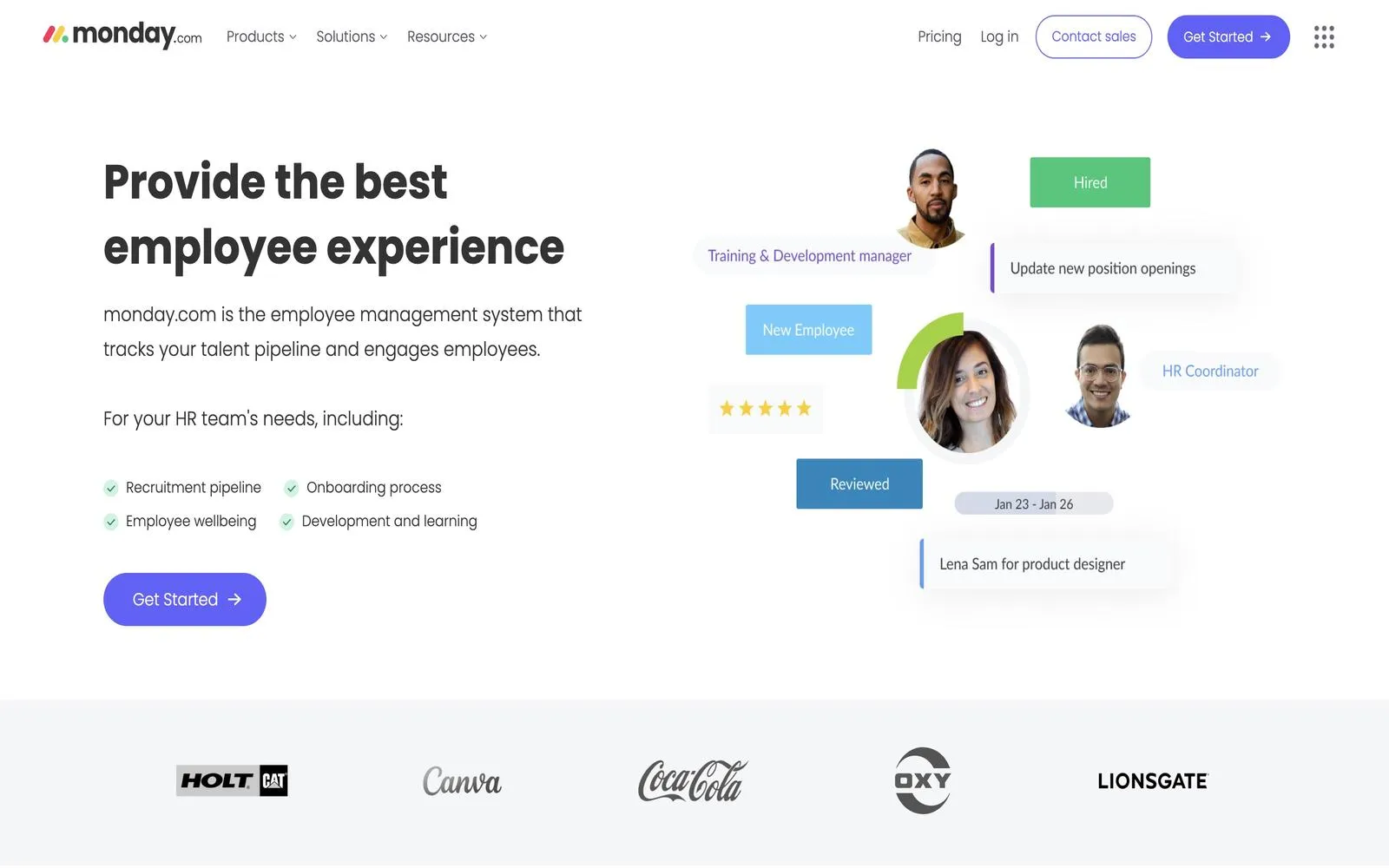
Revolutionize Your Business with Employee Management Software: A Complete Guide to Streamlining Operations and Improving Productivity

Top Fund Management Software and Tools to Streamline Your Investment Strategy in 2025

Top Payroll Services for Small Businesses in 2025: Streamline Your Payroll Process
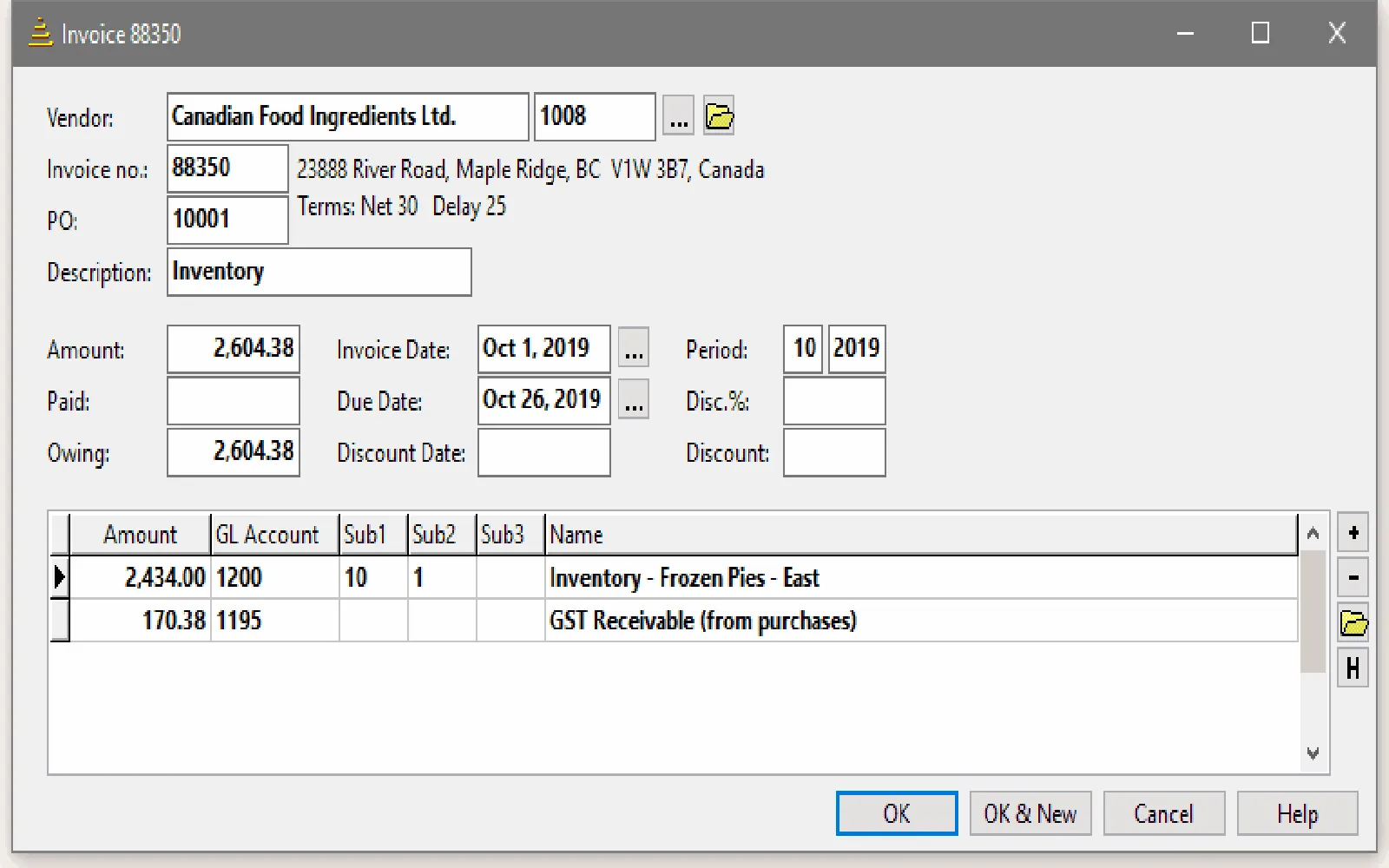
Streamline Your Finances: The Ultimate Guide to Accounts Payable Software
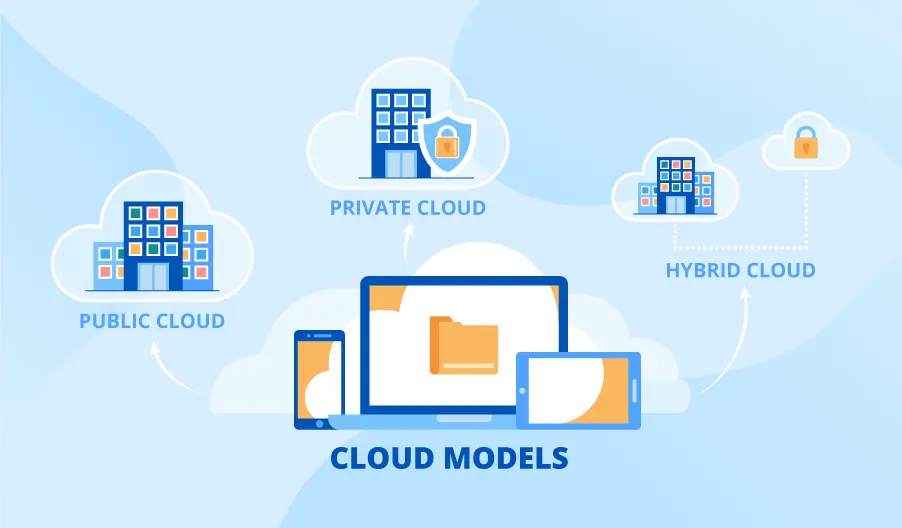
How Cloud-Based IT Solutions Are Transforming Business Operations
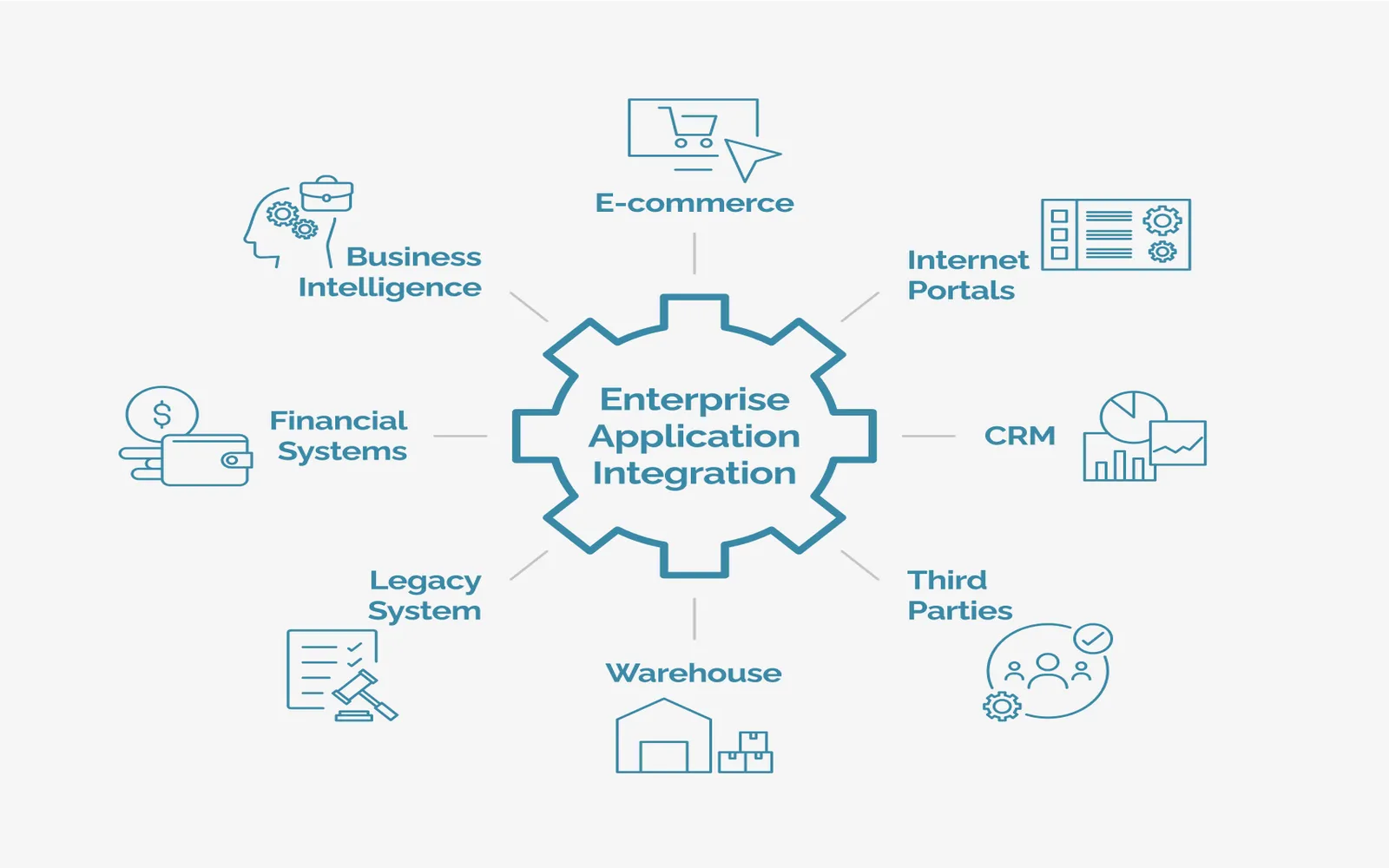
Top Enterprise Applications to Streamline Business in 2025
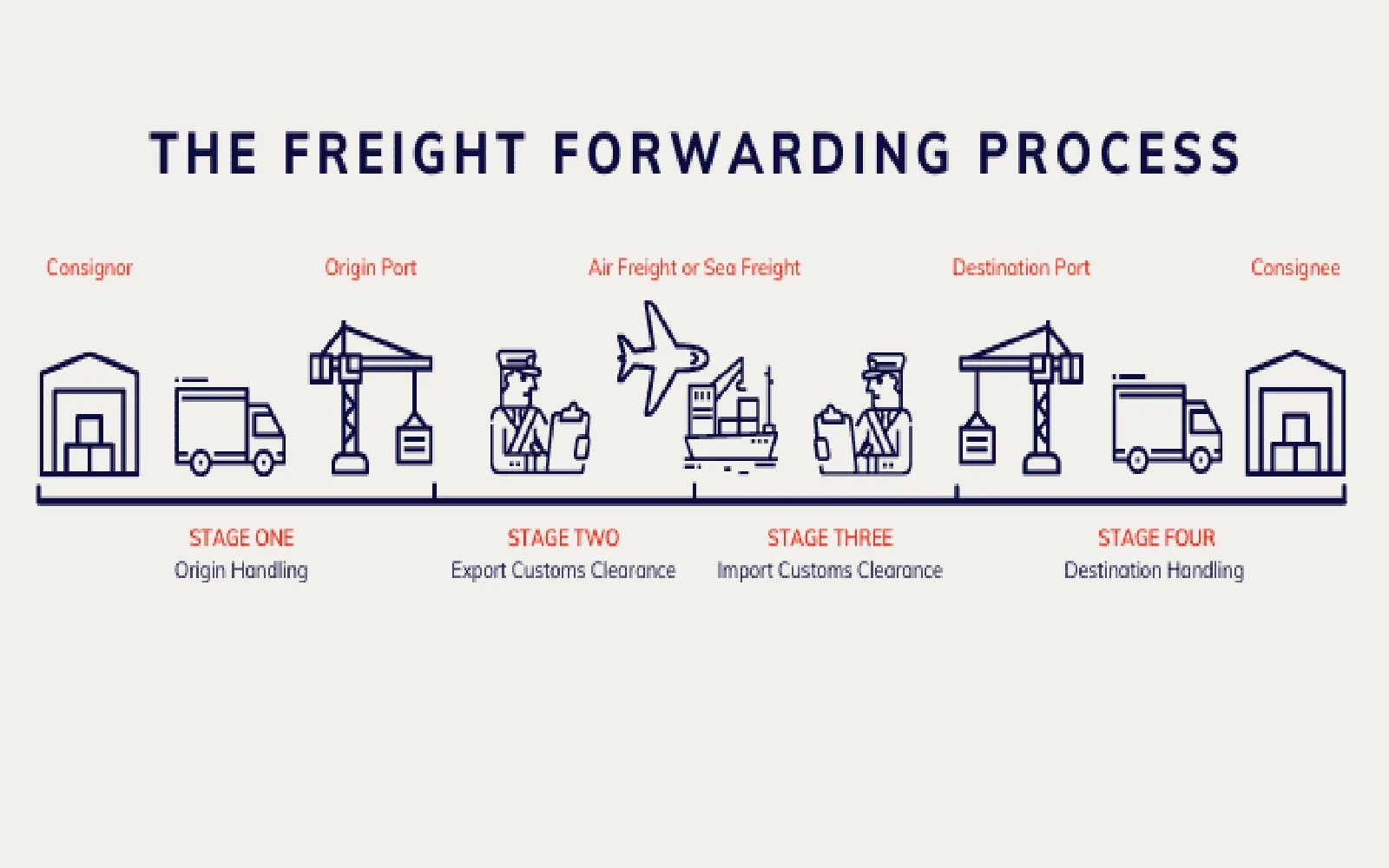
Streamline Shipping with the Best Freight Forwarding Companies 2025
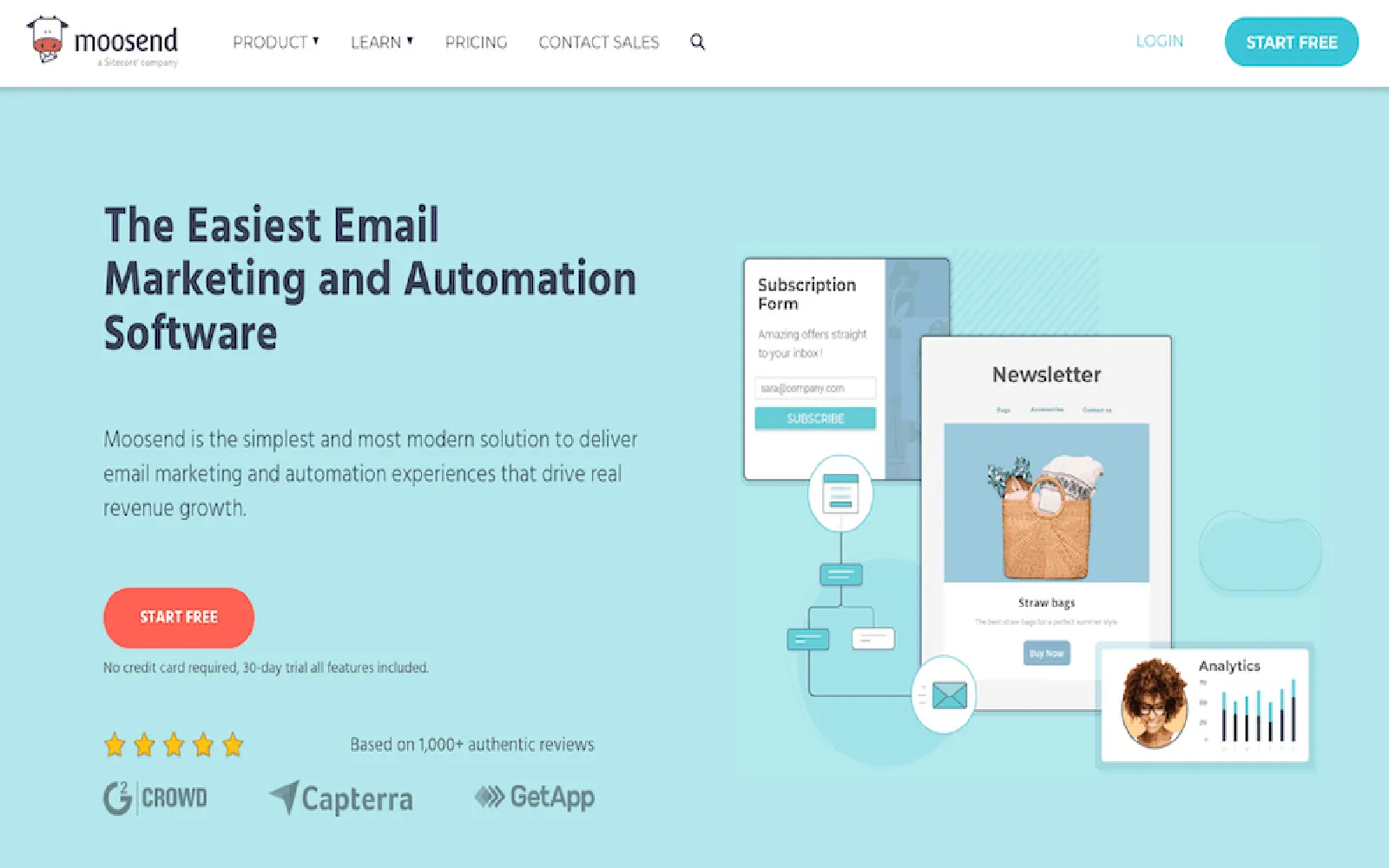
Top Email Marketing Software for Startups in 2025: Boost Your Growth with the Best Tools
